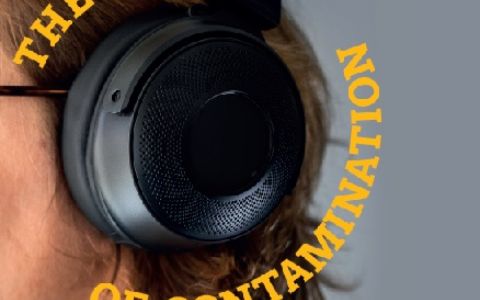This study investigated POP contamination at a total of six sites: the world's largest scrap yard in Agbogbloshie (Ghana); medical waste incinerators in Accra (Ghana), Kumasi (Ghana) and Yaoundé (Cameroon); and two open-burning waste dump sites in Yaoundé (Cameroon). The study measured POPs in eggs because free-range chickens are "active samplers" of materials on the ground. Eggs also represent an important human exposure pathway through consumption. To our knowledge, this is the first study to measure POPs in free-range chicken eggs from hens foraging at the Agbogbloshie e-scrap yard, as well as in Yaoundé.
One of the key findings of this study are high levels of POPs at all six sites. Sampling revealed very high levels of chlorinated dioxins, brominated dioxins, PCBs, PBDEs, and SCCPs in the eggs of chickens that had foraged in areas at the scrap yard levels of POPs measured in the samples collected at the Agbogbloshie e-waste scrap yard in Ghana.
Introduction
POP contamination in developing countries can include both domestic and foreign sources. Two potentially large sources are incineration of domestic medical waste and open burning of waste, including electronic waste (e-waste) that comes from developed countries. Both types of sources are listed in the Stockholm Convention as the source categories for unintentionally-produced POPs. In addition, electronic waste is known to contain short chain chlorinated paraffins (SCCPs) and flame retardant chemicals listed in the treaty.
Medical waste incineration is a major source of dioxins, primarily due to the PVC plastic, which is a dominant source of organically bound chlorine. The health sector is also a source of mercury pollution due to improper disposal of mercury-containing thermometers and sphygmomanometers. The Stockholm Convention Guidelines on Best Available Techniques and Guidance on Best Environmental Practices note concerns over small hospital incinerators and techniques.” In developing countries, medical waste is often not segregated by type, and polluting open pit and single chamber incinerators is common.
Global estimates of annual e-waste production exceeds 40 million tons with an annual growth rate of 4 to 5 percent. The export of electronic waste from developing countries to developing countries, under the guise of 'recycling,' 'repair,' and/or 'reuse,' has become a form of hazardous waste dumping that international agreements, such as the Basel Convention or Stockholm Convention, were created to prevent.
In this study, free-range chicken eggs were used to investigate POP contamination in Cameroon and Ghana near medical waste incinerators and open burning dumpsites, including large e-waste sites. Free-range chicken eggs are sensitive indicators of POP contamination and represent an important human exposure pathway. "Active samplers" can be used to reveal POP contamination, especially in areas impacted by dioxins (PCDD/Fs) and PCBs.
This study investigated POP contamination at Agbogbloshie e-waste scrap yard (Ghana), medical waste incinerators in Accra (Ghana), Kumasi (Ghana) and Yaounde (Cameroon), and two open-burning waste dump sites in Yaounde (Cameroon). To our knowledge, this is the first study to measure POPs in free-range chicken eggs from hens foraging at the Agbogbloshie scrap yard, and in Yaoundé as well.







